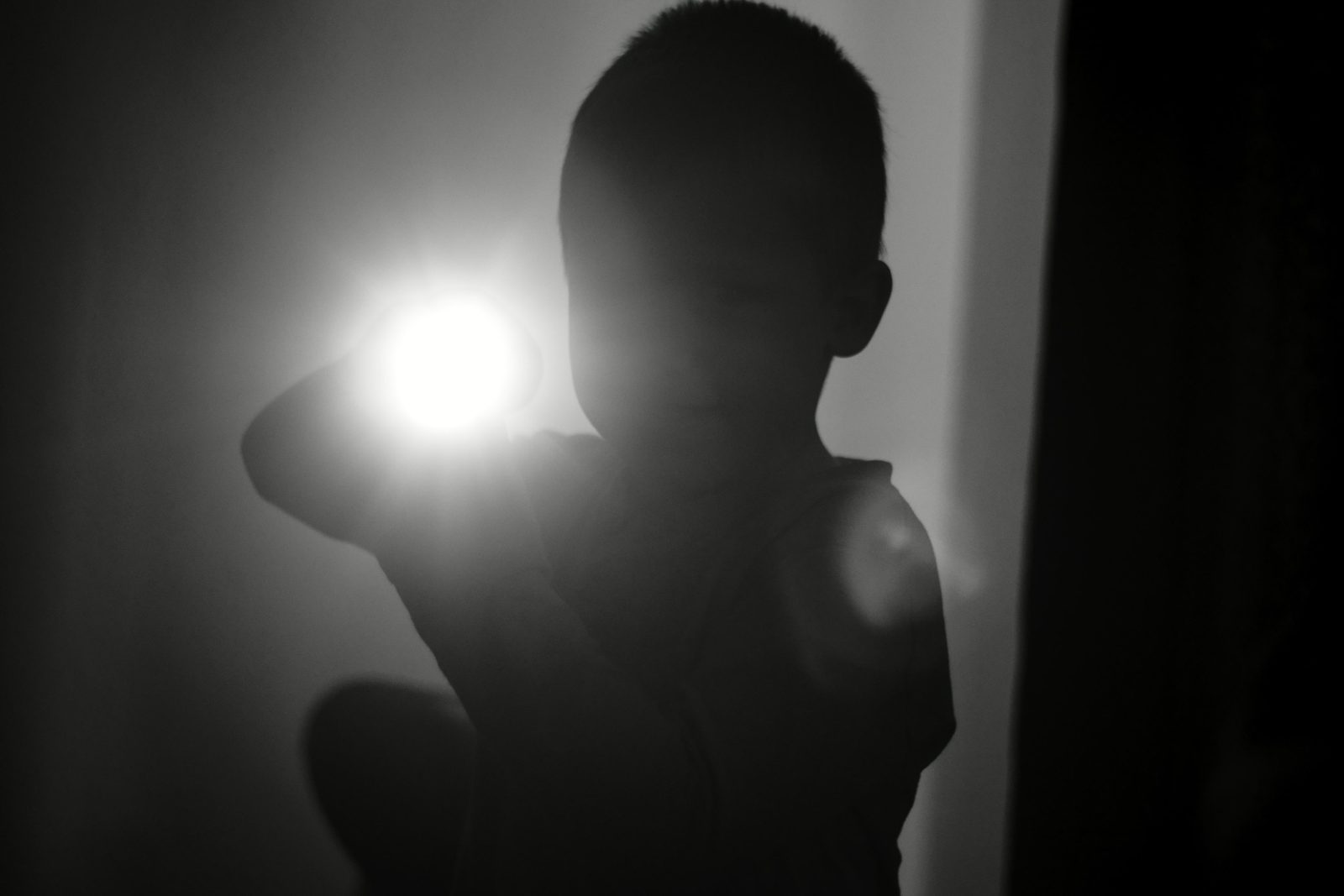I was a twenty-two-year-old college graduate, and only three weeks post graduation, when I started my first “real” job as a children’s services caseworker. Most of the time, I was overwhelmed with little supervision or mentoring to help guide me through the daily life-and-death decisions I made. Case by case, kid by kid, I did the best I could and prayed it was enough. Looking back, I am stunned by the great responsibility placed on such young and inexperienced shoulders.
Fast-forward more than two decades later. I was making an unexpected stop at the store to buy a winter hat for the cranky infant sitting in the pumpkin seat I carried. He was my sister’s foster baby, and my responsibility while she was away overnight. The little guy had just returned, minus his hat and one sock, from a supervised visit with his biological parents. He was out of sorts and unhappy. Missing his nap didn’t help either.
Two women behind the counter began to ring up my purchases while I talked quietly to him and rocked him in his seat.
“It must be so hard to be a baby,” one said jokingly. Being this baby is definitely hard, I thought. His whole life is up in the air, and he’s constantly at the mercy of whatever the court and caseworkers decide.
“No kidding,” the other one replied. “Not a care in the world. Someone to take care of your every need.” I just smiled, hiding my slight annoyance. If only they knew what I knew.
“Yep, all he has to do is eat and sleep. Nothing more,” the first one laughed.
“Except wear cute clothes,” the second one said as she held up a sweater I couldn’t resist buying.
“Can’t forget the cute clothes!” This time they both laughed. On a better day, I might have too.
“Poor thing. What a rough life.” The friendly banter continued as my smile faded, my patience worn thin for no good reason. They couldn’t be faulted for their assumptions.
“I wish my life was that easy.” By then, I couldn’t bear to keep my mouth shut. Who was I protecting by staying quiet anyway?
“Actually,” I began, trying to sound helpful, “life really isn’t easy at all when you’re born premature and drug dependent, bounced around in foster care, and just coming from a visit with your biological parents.”
They were still picking their jaws up off the floor after I paid and left.
“I know it’s hard,” I told my little guy as I kissed him on the forehead. “I wish they knew too.”
For a split second, he stopped fussing and we locked eyes. In that sliver of time, the idea for this book was born.
Buddy is a fictional story based on snippets of dozens and dozens of real stories. Nearly everything you are about to read is something I’ve directly witnessed or heard said as a former children’s services caseworker, a former Guardian Ad Litem (GAL) and CASA Program Manager, and a foster aunt. Sadly, there’s no need for much embellishment when it comes to child welfare.
This book also draws on the latest information about how infants experience the world. Thanks to emerging research, we know babies are far more sophisticated than we ever realized. In their earliest days, they empathically cry if they hear other infants cry. At age five months, they can read emotion in adults. By nine months, they appear to understand the concept of friendship.
Most importantly, we are learning about the power of loving relationships to mitigate trauma and help babies grow and thrive. An ongoing connection to a nurturing adult who responds and protects is more than a basic need. It is a right—one the child welfare system too often ignores, despite science and common sense.
Denying babies, or any children, access to such relationships sets them up for a lifetime of suffering and increases the likelihood of mental health and addiction challenges, educational and behavioral difficulties, and chronic health conditions throughout their lives.
Elevating a child’s right to such relationships above all else dramatically increases his or her chance for a happy, healthy childhood and future. It means a better future for all of us.
People often ask me how I can stay in this field for so long when it is so depressing. My answer is always the same: I stay because I know that as a society, together we can create a better system that protects and nurtures more children and families to their full potential. I stay because I’ve seen miracles and lives transformed. I stay because the pain of staying is nothing compared to the joy of knowing my work has changed the course of a child’s life…and the lives of the next generation.
I stay for Love.
I invite you to step into Buddy’s world and see the power of Love unfold. It is always, always there. You just have to look for it.

